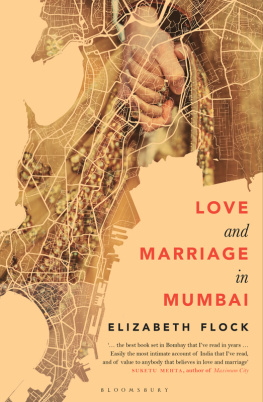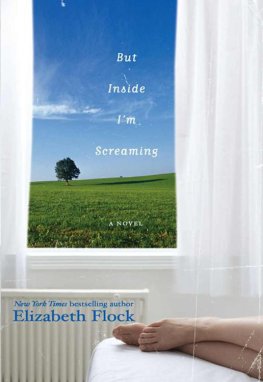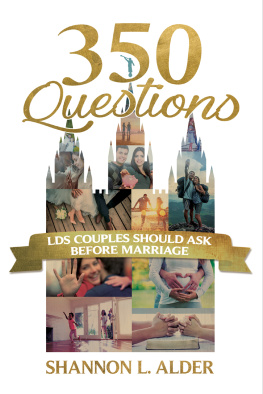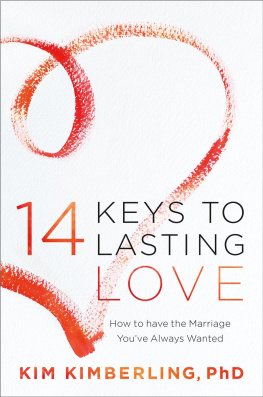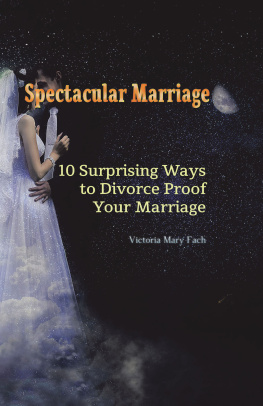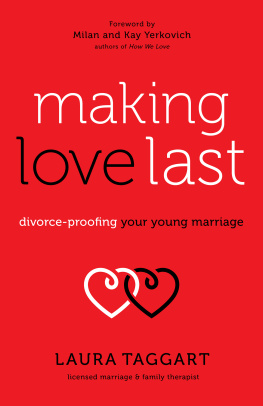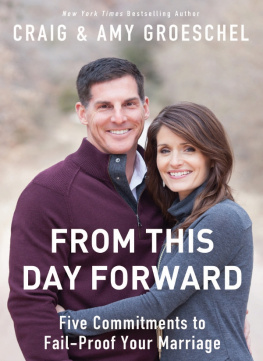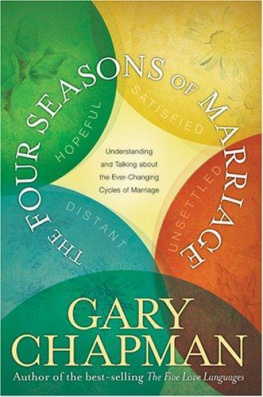Contents

LOVE AND MARRIAGE IN MUMBAI
LOVE
and
MARRIAGE
in
MUMBAI
Elizabeth Flock

First published in India 2018
2018 by Elizabeth Flock
All rights reserved. No part of this publication may be reproduced or transmitted in any form or by any means, electronic or mechanical, including photocopying, recording, or any information storage or retrieval system, without prior permission in writing from the publishers.
No responsibility for loss caused to any individual or organization acting on or refraining from action as a result of the material in this publication can be accepted by Bloomsbury or the author.
The content of this book is the sole expression and opinion of its author, and not of the publisher. The publisher in no manner is liable for any opinion or views expressed by the author. While best efforts have been made in preparing this book, the publisher makes no representations or warranties of any kind and assumes no liabilities of any kind with respect to the accuracy or completeness of the content and specifically disclaims any implied warranties of merchantability or fitness of use for a particular purpose.
The publisher believes that the content of this book does not violate any existing copyright/intellectual property of others in any manner whatsoever. However, in case any source has not been duly attributed, the publisher may be notified in writing for necessary action.
BLOOMSBURY and the Diana logo are trademarks of Bloomsbury Publishing Plc
ISBN 978-93-87471-65-8
2 4 6 8 10 9 7 5 3 1
Bloomsbury Publishing India Pvt. Ltd
Second Floor, LSC Building No.4
DDA Complex, Pocket C 6 & 7, Vasant Kunj
New Delhi 110070
www.bloomsbury.com
Created by Manipal Digital Systems
To find out more about our authors and books visit www.bloomsbury.com. Here you will find extracts, author interviews, details of forthcoming events and the option to sign up for our newsletters.
To my dad and stepdad
Hermia: O hell! to choose love by anothers eyes.
Lysander: Or, if there were a sympathy in choice,
War, death, or sickness did lay siege to it,
Making it momentary as a sound,
Swift as a shadow, short as any dream...
The jaws of darkness do devour it up.
So quick bright things come to confusion.
William Shakespeare,
A Midsummer Nights Dream
CONTENTS
N ine years ago, at the age of twenty-two, I moved from Chicago to Mumbai in search of adventure and a job, knowing no one in the city. I lived there for nearly two years. During that timebecause I was restless and homesickI stayed with half a dozen couples and families across the city and met many more. This is where my interest in the Indian love story began.
In Mumbai, people seemed to practice a showy, imaginative kind of love, with an eye toward spectacle. Relationships were often characterized by devotion, even obsession, especially if two people could not be together. This kind of love played out on the movie screens, but it was also deep in the bones of Indias stories, in the Hindu scriptures and the Bhakti and Sufi devotional poems. I was young, and drawn to the drama.
It was also a kind of love I admired, because it seemed more honest and vulnerable than what I knew. In America, I had grown up watching my parents multiple marriages fall apart, and I thought that perhaps this devotional quality was what theyd been missing. Having arrived in Mumbai after my dads third divorce, the city seemed to hold some answers.
Out of all the people I met in Mumbai, three couples stood out from the rest. I liked them because they were romantics and rule breakers. They dreamed of being married for seven lifetimes, but they didnt follow convention. They seemed impatient with the old middle-class morals. And where the established rules for love did not fit their lives, they made up new ones.
I began asking them questions about their marriages. I had no defined goal at first. Eventually, though, I quit my job at an Indian business magazine to write about them, drawn in by their love stories. I wanted to write about them to understand how their marriages worked.
I left India after two years. Try as I could, I was not able to capture the marriages on the page. Later, I saw it was because I had not spent enough time with these couplesor with the countryto understand them. And because the India I saw then was only fabulous and filmi. But I promised myself Id go back.
***
The American journalist Harold Isaacs, who chronicled Asian life in the mid-twentieth century, once complained that Americans had only a few impressions of Indian people: as exotic (snake charmers and maharajahs), mystical (holy men and palmists), heathen (cow and idol worshippers), and pitiful (leprous beggars and slum dwellers).
Isaacs was writing fifty years ago, but it seems that not much has changed since. The same tired stereotypes are still trotted out by Westerners. With a country as large as India, it is tempting to oversimplify. And in Mumbai, City of Dreams, it is easy to overromanticize.
In reality, India is too big and diverse for generalities. It is home to a sixth of everyone on Earth and a bewildering array of languages, religions, castes, and ethnicities. And Mumbai is an unpredictable city. I was reminded of this when I returned five years after my accident and found things were not as I remembered.
At home in Washington, DC, I had regularly questioned whether I was fit to write a book about Indian marriages. I wasnt Indian, or married. But as the years passed, I saw that the book I wanted to read about Indiathat I wanted Americans to read about Indiadid not exist. Ultimately I decided to approach the subject the only way, as a reporter, I knew how: to go back to Mumbai armed with a dozen notebooks, a laptop, and a recorder.
When I landed in Mumbai in 2014, the city, save for its skylinewhich had more malls and high-riseslooked much the same. The people I knew did not. Their marriages did not. They were calling old lovers. They were contemplating affairs and divorce. And the desperate attempts they were making to save their marriages, by having children, in at least one instance, were efforts I recognized from my own family.
Within each couple, one partner had begun dreaming of a different life while the other was still moved by old ideas. Where before their love stories had dazzled me, now they struck me as uncertain. I tried to make sense of what had changed. Cities dont change, an editor in Mumbai told me with a sigh. People do.
It was not just them. Indian historian Ramachandra Guha said that India is undergoing not one, but multiple revolutions: political, economic, urban, social, and cultural. In Europe and America, these revolutions were staggered. In India, these changes in cities and in people are happening all at once. And they seem to be upending the Indian marriage.
Nowhere are these shifts happening faster than in Mumbai, Indias most frenetic city. And in no part of society is it causing more pain than among Indias middle class, which does not have the moral freedom of the very rich or very poor. Certainly, for all three couples I followed, the opinions of family, friends, and neighbours mattered very much. People will talk , was a phrase I often heard when I asked why they didnt do what they wanted.
That, and: What you dream doesnt happen . And yet I found our conversations would often end in dreaming, as they spoke of hopes for a bigger house, a better job, a trip to Kashmir, getting pregnant, falling in love again, or moving somewhere far away. Or they spoke of how their dreams had been deferred but would surely someday belong to their children.

